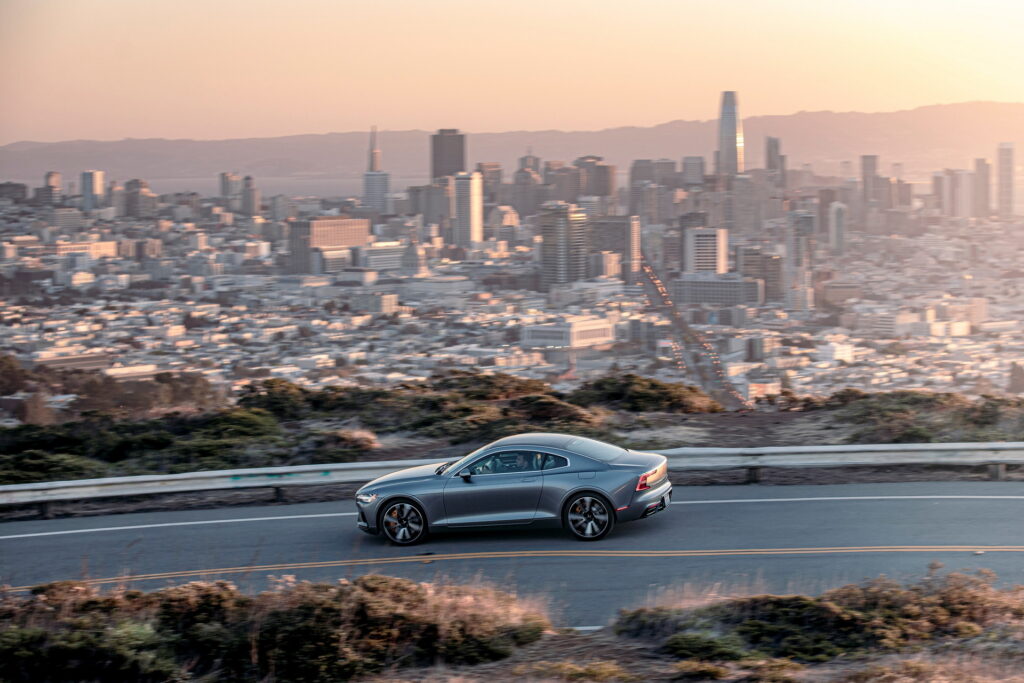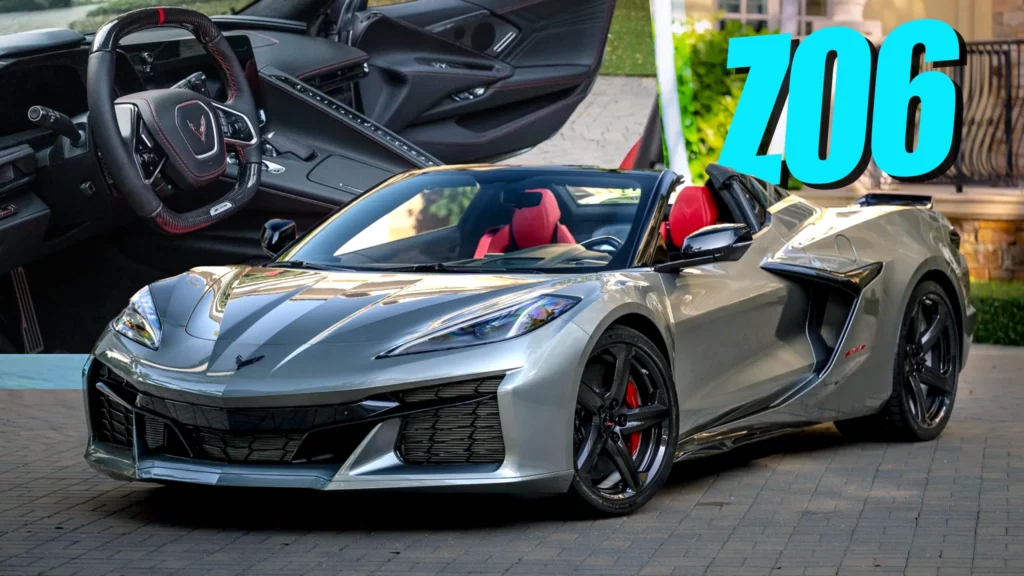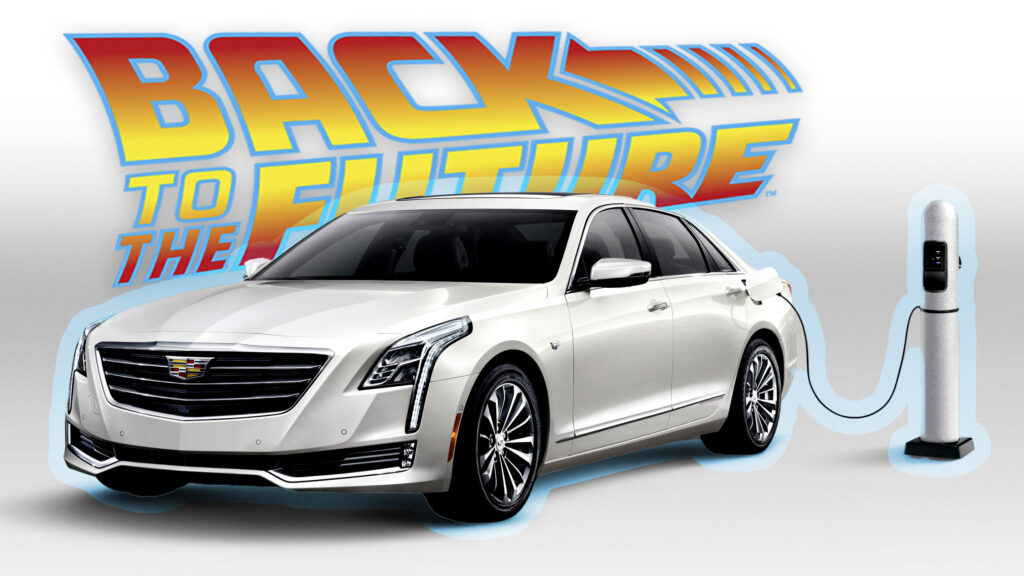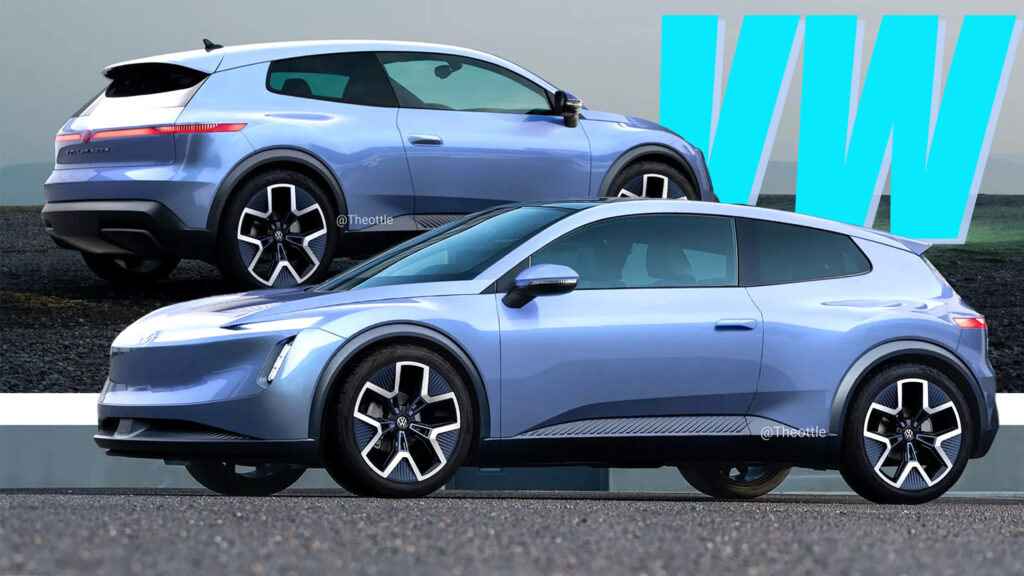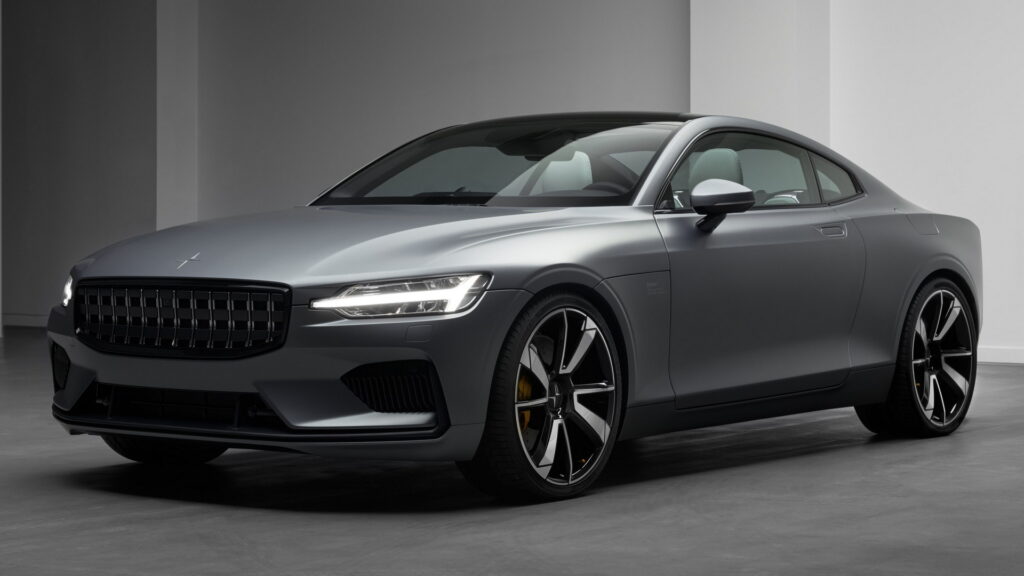The owners of the fancy-pants Polestar 1 coupe may have something to worry about if they’re charging their plug-in hybrids in the garage right now. A supplier issue means that a number of owners don’t want their vehicles to be fully charged, lest it catch fire.
Polestar is recalling 66 Polestar 1s in the U.S. for a production issue in the high-voltage battery system. The fault was committed by the automaker’s supplier, China’s Forever Energy, and was initially caught by Volvo, which warned its sister company of the trouble in September.
Although the root cause of the problem is not described in detail in documents filed with the National Highway Traffic Safety Administration (NHTSA), the fault is linked to the battery cells, and the result is that, when the Polestar 1 is fully charged, its high-voltage battery can overheat, potentially leading to a fire.
Read: Chrysler Has A Fix For Pacifica Hybrid Models Recalled In February Over Fire Risk
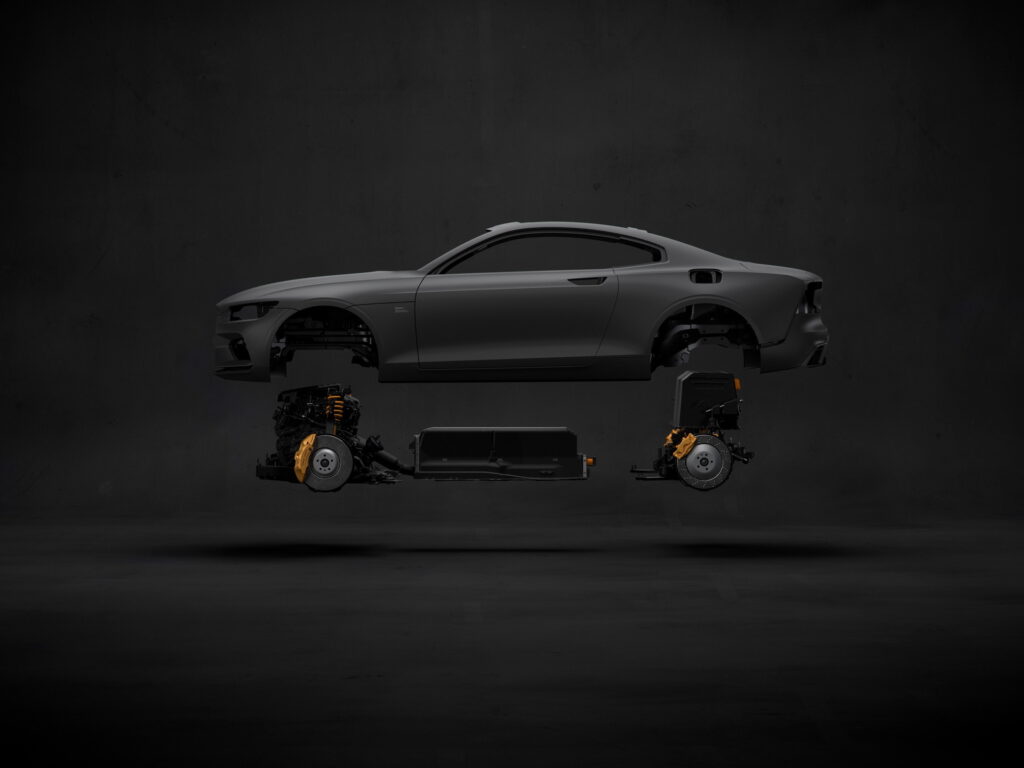
NHTSA documents suggest that no Polestar 1s have caught fire yet, but that the issue may be related more generally with plug-in hybrids based on the Scalable Product Architecture that underpins a number of Volvo vehicles.
Using manufacturing records, Polestar has narrowed down the range of vehicles included in this recall to those made between September 11, 2019, and May 12, 2021, meaning that all affected vehicles are either from the 2020 or the 2021 model year.
Polestar started getting in touch with owners of the plug-in hybrid coupe on December 19 with both an interim solution and a permanent fix. To begin with, Polestar 1s will have new software installed that will prevent them from being fully charged. Although that will mean that the all-electric range of the PHEV may be reduced, it should mean that owners can charge their cars without worrying about a fire.
In the longer term, owners will be asked to return their vehicle to a nearby service location in order to have more major work done. In order to fix the vehicles, all defective hardware will be removed and replaced. It does not expect to be able to start doing that work until the summer of 2023.
